
Life-saving training for Greater Manchester police offices has been improved after officers failed to carry out checks to find out if a man discovered hanged was still alive.
The demand came from Manchester South coroner Anna Morris in a Prevention of Future Deaths Report into the death of Sam Curless
An inquest revealed officers who found him hanged did not carry out vital CPR to find out whether he was still alive.
No checks were made to discover whether he had a pulse either.
And officers only discovered his body was still warm eight minutes after they arrived on the scene. It was only at this point that they attempted to save his life.
The coroner also revealed that at least 650 GMP officers had received CPR training online only, and may have ‘inadequate’ training to deal with sudden deaths.
Twenty-nine-year-old Mr Curless was found at a Droylsden allotment on October 22, 2022.
An inquest at Stockport heard he had made a previous attempt on his life.
Ms Morris’ report said: “The first officer on the scene assumed that she was looking at a dead body.
“She did not check for a pulse until around 14:46pm. A total of three officers were in attendance by this point.
“A further check at 14:48pm revealed that he was still warm and only at that point was he cut down. After further checks for a pulse, CPR was commenced by the officers at 14:50pm. The three initial attending officers failed to administer any basic life support to Sam for approximately eight minutes after discovering him suspended.
“The officers failed to perform any immediate initial checks of Sam’s vital signs when they discovered him.
“The officers failed to remove the ligature and therefore an airway obstruction at the earliest opportunity.”
In response, Greater Manchester Police said they had reviewed training procedures for officers.
In a letter to Ms Morris, Chief Constable Stephen Watson wrote: "Trainers emphasise that unless a person is clearly deceased, officers should check for signs of life and take relevant action, including calling paramedics who are able to pronounce life extinct.
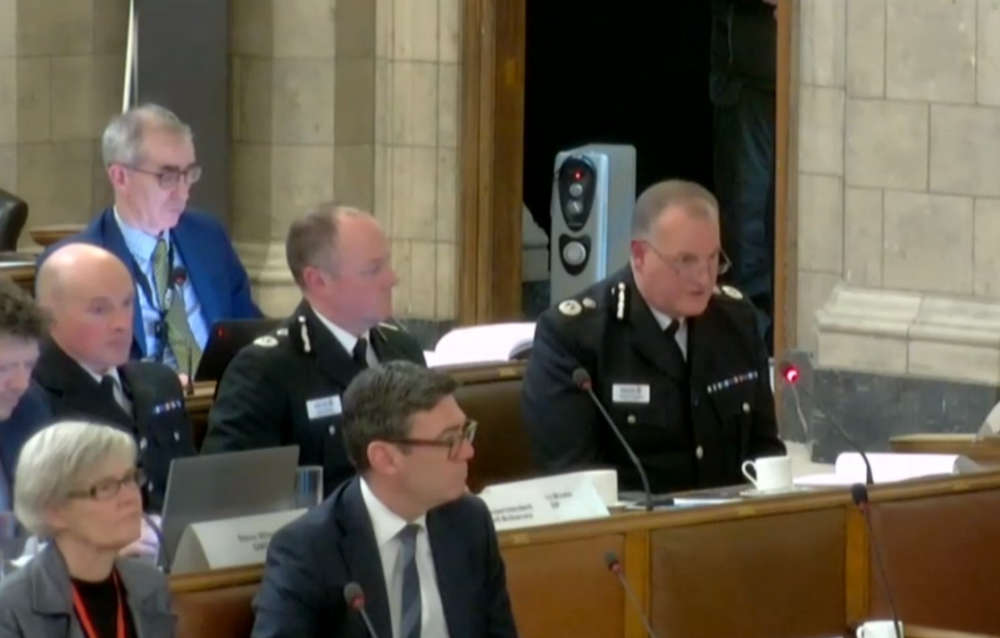
"Preservation of the scene is subordinate to the requirement to preserve life.
"The training addresses the fact bodies may appear to be deceased when they are in fact not and officers must always check for signs of life even when they may believe that the person is dead."
Addressing the evidence that thousands of police officers had only received their life-saving training online, Mr Watson said: "A total of 650 offices across nine intakes, received online training between March 2020 and May 2021.
"The necessity to train officers online during this period was a direct consequence of the Covid-19 pandemic and the public health measures prescribed by the Government in response.
"The training provided to officers throughout the pandemic was delivered in line with College of Policing guidance and licensing conditions and the online format provided by Greater Manchester Police reflected the approach taken by police forces nationally to ensure officers could continue to be trained while Covid-19 social distancing restrictions were in place.
"In person training resumed in September 2021 for all subsequent student officer intakes.
"While the officers' actions in this case have given rise to questions in relation to the adequacy of the training delivered via online methods, there is nothing to suggest that this is a broader force-wide issue."
The Chief Constable confirmed that extra training and guidance would be available to staff dealing with similar situations.
The coroner's report said it is the policy of Greater Manchester Police and the College of Policing Policy that officers attending a suspected sudden death should not assume death, and should “make preservation of life their priority and not delay in administering basic life support until an ambulance arrives”.
Ms Morris said: “In their evidence to the inquest, these failings were admitted by the officers but I found that did not make any material contribution to the death.”
In a further blunder, the attending police officers assumed an ambulance had been called by GMP comms.
In fact, one was only contacted at 14.48.
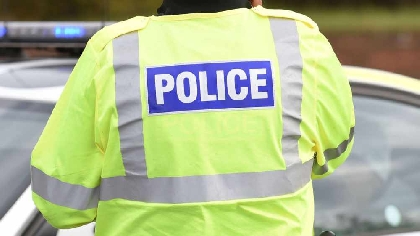
Mr Curless was then taken to Manchester Royal Infirmary, where despite appropriate resuscitation and life preserving treatments he died three days later.
Due to the coroner’s concerns over the treatment Mr Curless had received, the report was commissioned to avoid the same thing happening in the future.
A spokesman for the College of Policing said: "In 2020, the College of Policing commenced a national working group to review the First Aid Learning Programme (FALP). The review engaged and consulted with police clinical subject matter experts and input from clinical governance leads in forves, in addition to recommendations made by coroners, the Independent Office for Police Conduct and the Manchester Arena Inquiry.
"The FALP does include learning outcomes for basic life support, including CPR and performing manual airway techniques.
"Annual refresher training is a core requirement of the FALP licence and as a result of the review, the recommended training time for both refresher and initial training has been increased for all public facing officers."
Two of the officers were investigated by the Independent Office for Police Conduct (IOPC) for misconduct but the cases against them were found unproven.
A third officer’s conduct was found to be below the expected standards and extra training was ordered.


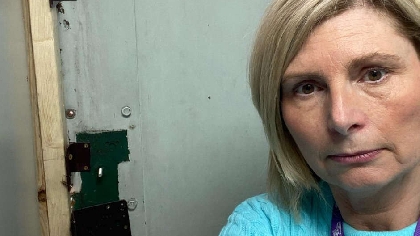 Hospice fumes at "scandalous" charity shop break in
Hospice fumes at "scandalous" charity shop break in
 Egg-ceptional work! Ava-Grace's ambulance wins over NWAS
Egg-ceptional work! Ava-Grace's ambulance wins over NWAS
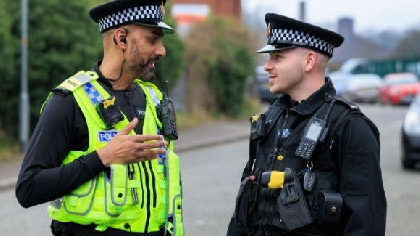 Police Federation head dubious of PM's 'new bobbies' promise
Police Federation head dubious of PM's 'new bobbies' promise
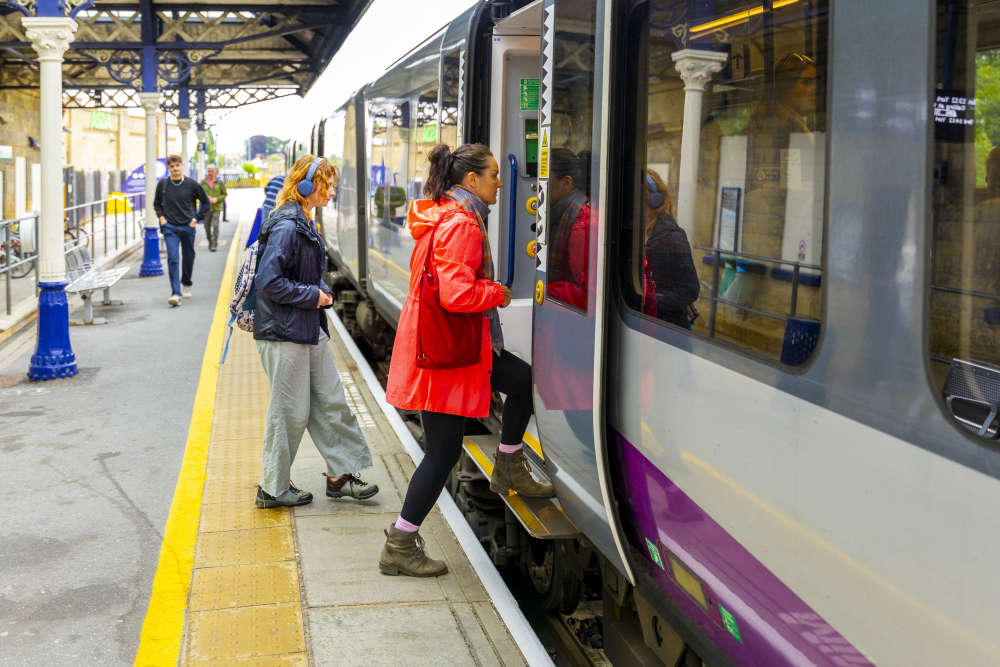 TransPennine Express steps in to keep passengers moving this Easter weekend
TransPennine Express steps in to keep passengers moving this Easter weekend




